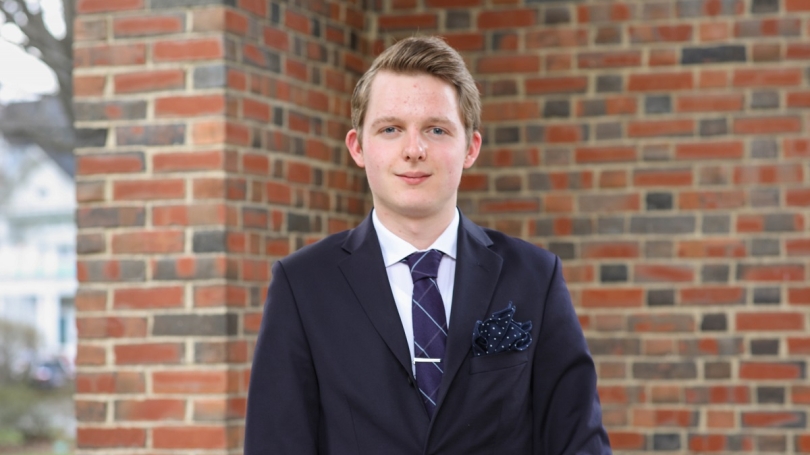
- Public Policy
- Leadership
- Funding
- News & Events
- About the Center
Back to Top Nav
Back to Top Nav
Back to Top Nav
Back to Top Nav
As a First-Year Fellow, Rik Abels ’21 interned at the American Petroleum Institute under the mentorship of Rick Ranger ’74. The following is an excerpt from his final report.
This summer, I interned at the American Petroleum Institute (API). API is the only national trade association representing all facets of the oil and natural gas industry. API aims to promote the interests of its membership, consisting of over 600 companies both large and small, by promoting safety across the industry and by influencing public policy in support of a strong and safe oil and natural gas industry. API is the industry leader in providing widely-respected safety standards, regulations, and recommended practices that ensure the safety and reliability of the U.S. energy market.
From the very first day, I felt that I was a valued member of the Upstream and Industry Operations team, working on projects that were not only shared within the Upstream group, but internally at API, with member companies, and with representatives of other trades. I got to work with almost all members of our team as well as other API staff and was even allowed to pick my own projects. What I found particularly valuable was the fact that I was able to work on projects that truly mattered, and the results of which were shared and actually used. The projects I worked on ranged from creating a cost impacts economic analysis for an upcoming Waters of the U.S. rulemaking, which I then got to present to economists from other trades, to creating an overview of public response to and media coverage on proposed rules the U.S. Fish and Wildlife Service had announced, which was then shared with various departments within API.
I was fortunate to work at the intersection of public policymaking and economic analysis. I also got to sit in on many interesting meetings, including one with API’s Chief Economist. Over the course of these projects and during these meetings I learned a lot about the applicability of economic theory in the real world, and how models and analyses can help us come up with better public policy. This crossroads between economics and public policymaking is something I am truly fascinated by, and I hope to take more classes that focus on exactly that, in particular the public policy classes that are being offered that bridge theory and practice. To the Rocky staff, whose commitment to helping Dartmouth students make the most out of their opportunities is unwavering, and without whose help this experience would not have been possible, thank you.